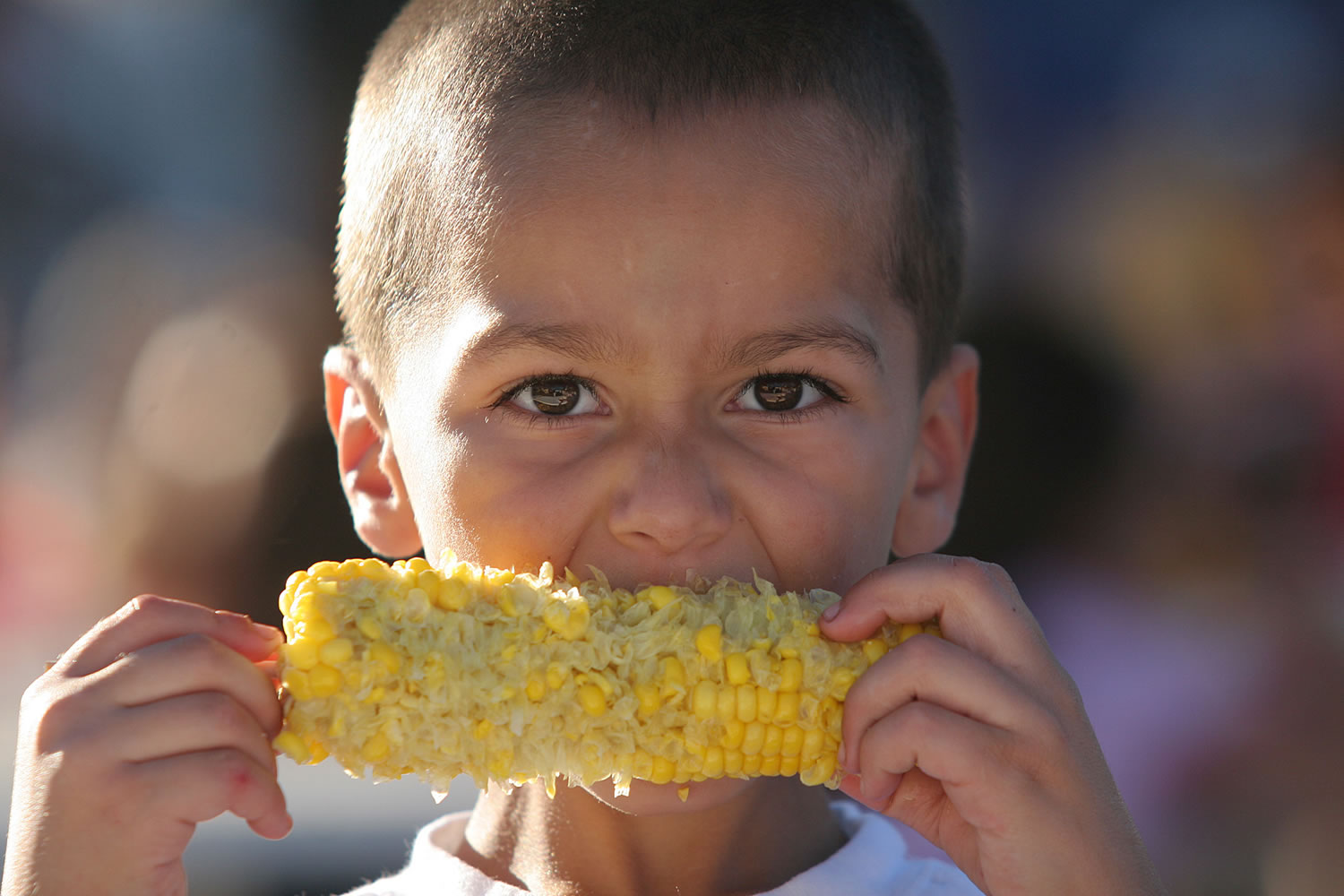What: Vancouver Sausage Fest, with food, carnival rides, beer garden, arts and crafts, entertainment and bingo.
Where: 6500 Highland Drive, Vancouver.
When: 5 to 11 p.m. Sept. 6; 10:30 a.m. to 11 p.m. Sept. 7; 10:30 a.m. to 8 p.m. Sept. 8.
Cost: $2, or $1 with a donation of nonperishable food for the Vancouver Fire Department Christmas Food Drive.
Information: vancouversausagefest.com.
1: Type of sausage sold at the festival.
42: Number of years the festival has only sold one type of sausage.
5,000: Pounds of sausage sold each year.
1,000: Pounds of chicken sold each year.
1,400: Pounds of pork ribs sold each year.
4,800: Number of potatoes sold each year.
7,000: Number of ears of corn sold each year.
800-900: Number of volunteers needed to run the festival.
1,790: Number of volunteer shifts over the three-day weekend.
500: Number of students who will benefit from the annual fundraiser this year.
The Vancouver Sausage Fest is turning green.
But don’t unpack your shillelagh. The September celebration isn’t changing dates to honor St. Patrick’s Day.




